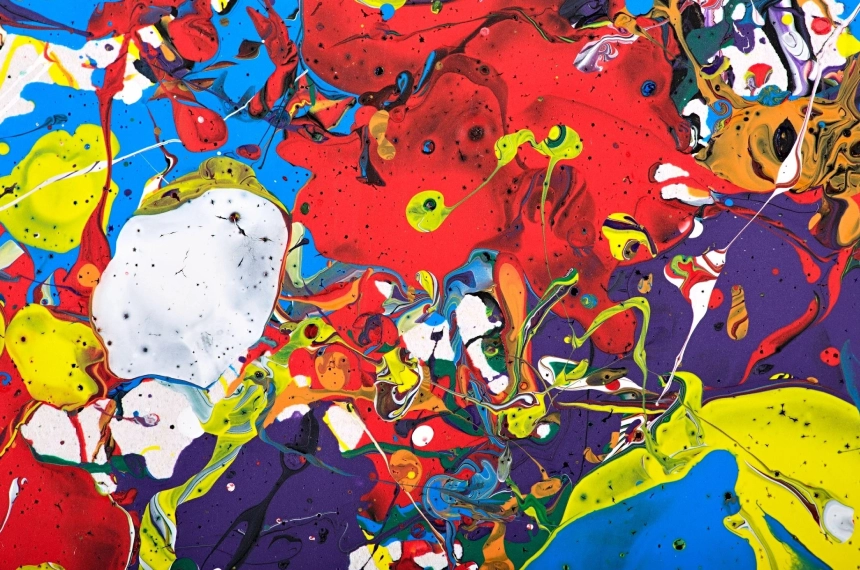Why intuition is a differentiator in an era of AI

A few years ago, I was employed to help understand why the algorithms and business processes in a financial services company had failed, and they had lost £600 million. yup, in a year. After a bunch of interviews, it was clear that the main contributing factors were lack of oversight, poor judgment and over-reliance on the internal playbook.
Risk assessment isn’t easy, but it’s made a bunch worse when organizations decree that non-standard risks have to be assessed in a given time, and then try to turn that judgment into a tick-box process which is further pressurized by quarterly reporting and investors’ performance demands.
AI obviously helps eliminate some of this because it excels in pattern recognition, prediction, and efficiency, but it doesn’t have one essential human trait: intuition. And that’s critical when you’re assessing novel risks or new products all day long.
Intuition is your ability to make decisions based on subconscious reasoning, patterns and emotion, all within the singular context that you find yourself in. Your intuition is more valuable than ever in a world where algorithms dictate much of everyone’s reality. And the more we integrate ai into our business processes, the more your intuition matters because it’s based on inputs, experiences and outputs which are yours alone.
The limitations of AI
AI is undeniably powerful. That’s a truism. It processes vast amounts of data, identifies correlations, and automates complex tasks at speeds no human can match. but it’s fundamentally limited in several ways:
- Lack of contextual awareness: AI models function within the boundaries of their training data. They struggle with novel situations that fall outside their predefined parameters.
- Absence of emotion and empathy: AI doesn’t have real felt emotional intelligence. While it can simulate empathetic responses, it cannot genuinely feel or understand any human or emotional experiences.
- Inability to exercise real judgment: AI makes decisions based on probabilities, not deeper understanding. It can’t weigh moral, ethical, or nuanced cultural factors in the same way you can. that’s why it can go rogue in sometimes peculiar or even horrific ways.
- Over-reliance on data: AI is only as good as the data it learns from. If the data is biased or incomplete, AI’s conclusions will be flawed. Intuition allows humans to bridge gaps in knowledge and make decisions even in uncertain circumstances.
Why intuition matters more than ever
As AI takes over repetitive and data-intensive tasks, human intuition becomes a critical differentiator. Here’s why:
- Spewing up hallucinations: AI still hallucinates, to the extent that when I use it, I often add ‘without hallucinating’ as a prompt. It’s all too easy to fall into the trap of thinking that because something has been produced by gen AI, it must be correct, when it isn’t.
- Adaptability in uncertain environments: unlike AI, which depends on existing data, human intuition allows for rapid and changing decision-making in situations where you have no precedents. That is critical in crisis management, leadership, strategy, and project management.
- Understanding nuance: Business, Politics, and relationships require an understanding of subtle social cues, emotions, group processes and motivations that AI struggles to grasp. Intuition enables leaders to connect with others on a deeper and humanistic level.
- Ethical and moral decision-making: AI lacks an innate moral compass. Intuition helps humans navigate complex ethical dilemmas, making choices based on values rather than mere calculations.
- Creativity and innovation: Some of the greatest breakthroughs in history have been sparked by intuition rather than logic alone. Take d scientists often rely on gut feelings to push boundaries and discover new possibilities.
Conclusion
The future isn’t about choosing between AI and intuition—it’s about integrating the two. The most successful individuals and organizations will be those that harness AI’s analytical power while embracing human intuition to look at the output and evaluate what it means. By all means use ai for data and options, but rely on your intuition for decisions and direction.
